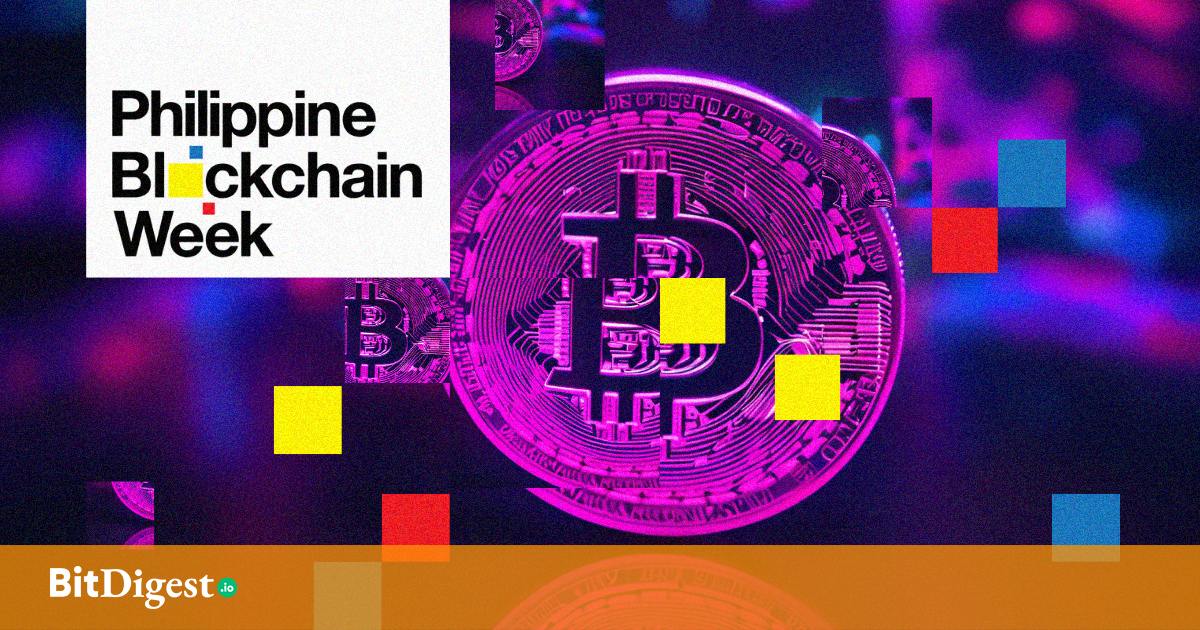Banks Used to Guard Money. Now They Validate Blockchains.
Banks have always been the gatekeepers of trust—managing vaults, securing deposits, and facilitating global finance. But now, something radical is happening: they’re stepping into the core of blockchain infrastructure.
Thanks to Injective, we’re witnessing a real-world shift where banks aren’t just observers of Web3—they’re becoming validators of it. This isn’t about partnerships or pilots. It’s about a centuries-old financial model stepping into a new, decentralized future.
The Old Role: Custodians of Assets
For decades, institutions like Shinhan Bank, NH Bank, and Siam Commercial Bank have dominated finance in Asia. Their role? Protect and manage trillions in assets for millions of people.
Through subsidiaries like KDAC and Rakkar, these giants pioneered digital asset custody in Korea and Thailand. Their job was to hold crypto safely—off-chain, in highly secure vaults and systems. But custody was just the beginning.
The New Role: Validators of the Chain
In February, both KDAC and Rakkar became institutional validators on Injective—a high-performance Layer 1 built for tokenized finance.
In layman’s term, that means:
- They stake INJ tokens to help secure the network
- They validate real-time transactions
- They vote on governance decisions
- They support interoperability with other chains
In other words, these institutions are no longer passive actors. These banks are now active nodes in Web3’s financial fabric.
These institutions are validating real-world value on-chain. With over $850 billion in assets under management, their involvement shows a seismic shift from permissioned pilots to permissionless participation, from testing the waters to shaping the waters, and most importantly, from off-chain custody to on-chain governance.
This is the first time major banking institutions are helping run public blockchain infrastructure—not through private deals, but by becoming part of the consensus layer.
Here’s the thing. Injective isn’t trying to replace banks. It’s redefining how banks work within a decentralized economy.
By building a blockchain that supports real-world assets, derivatives, and institutional-level speed, Injective offers a home for finance to evolve—openly, securely, and efficiently.
With validators like Deutsche Telekom, Kraken, Binance Staking, KDAC, and Rakkar, Injective’s validator set reads like a who’s who of traditional and crypto-native giants.
The next era of finance isn’t about choosing between TradFi and DeFi. It’s about convergence.
Thanks to Injective, we’re seeing that play out in real-time: the institutions that once guarded your money are now validating your blockchain. And they’re not just guests at the table—they’re helping set the rules.
Join the Injective PH official community here for early news and updates on Injective in the global and Philippine market.
.svg)


.svg) SHARE TO FACEBOOK
SHARE TO FACEBOOK SHARE TO TWITTER/X
SHARE TO TWITTER/X SHARE TO LINKEDIN
SHARE TO LINKEDIN SEND TO MAIL
SEND TO MAIL





.svg)


.svg)